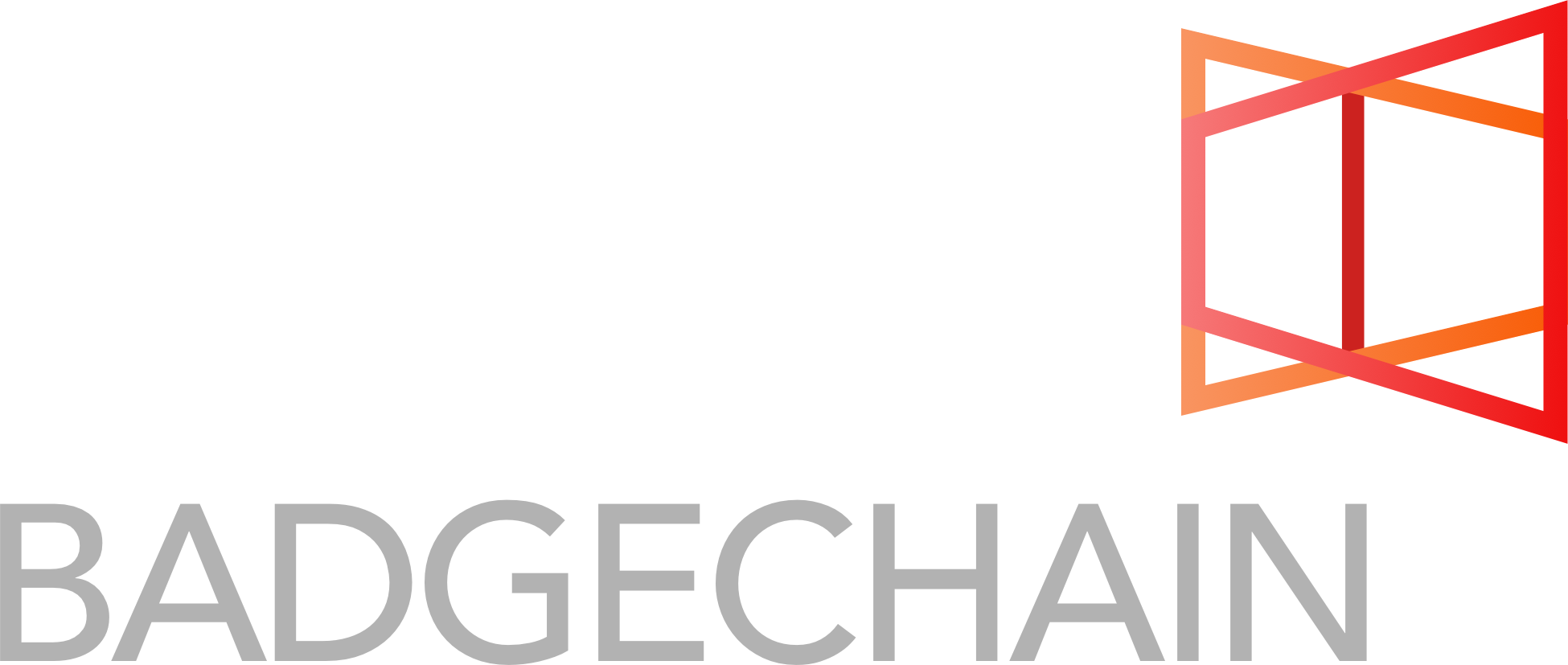BadgeChain Newsletter #4 – Digital Provenance – Decentralizing Authenticity
April 20th, 2017 | Carla Casilli and Kerri LemoieWhat springs to mind when someone mentions the word provenance? Art, antiquities, jewelry, and possibly wine. But if your mind doesn’t immediately jump to items from “Antiques Roadshow” you may also have considered digital assets such as music, videos, photos, online art, and writing.
Provenance, as it’s typically understood, tracks origin and history of ownership. In the digital world, provenance performs a few more neat tricks: in addition to making it possible to verify an asset’s origin and life stages, e.g., beginning state, evolution, remixes, and current state, it can be used to track physical assets, to enhance supply chain management, to support information sharing for media, and to address issues affecting content attribution and licensing.
With this much development potential, provenance is becoming a bit of a blockchain cottage industry. Everledger is using it to track high value assets including diamonds and wine. IBM, as part of Hyperledger, have created Fabric, a consortium-based blockchain framework exploring supply chain management. Mediachain provides peer-to-peer information sharing for a wide range of media. And finally, the Interplanetary Database (IPDB) in conjunction with the Interplanetary File System (IPFS) and Filecoin have founded community-driven COALA IP to focus on content attribution and licensing.
But where is all of this blockchain-based interest in provenance coming from? Simple. Decentralized technologies offer affordances that are a near perfect fit for complicated issues: permanent data storage, immutability, and computational structure that can track changes down to the pixel. It’s nearly impossible for siloed cloud-based services to supply this level of trust and control. What’s more, decentralized technologies free peer-to-peer interactions from central governing authorities.
All in all, we believe that provenance and decentralized technologies are worth tracking. 🙂
~ ~ ~
Here are the articles that inspired and informed this newsletter. We recommend them to you as interesting data points in your consideration of education and decentralized technologies.
- Digital Provenance Protocols And Other Emerging Blockchain Trends — Ralph Windsor
- Blockstack + Mediachain — Denis Nazarov
- Blockchain Could Help Artists Profit More from Their Creative Works — Don Tapscott and Alex Tapscott
- A Decentralized Content Registry for the Decentralized Web — Trent McConaghy
- Maersk and IBM Create Blockchain Based Supply Chain Solution — Gautham

Follow Us